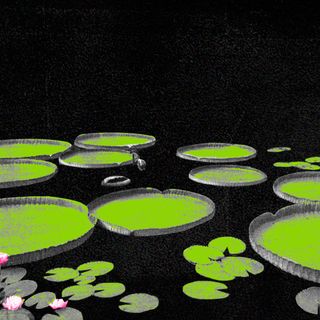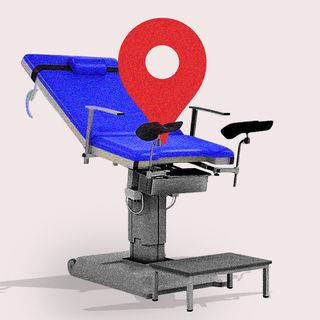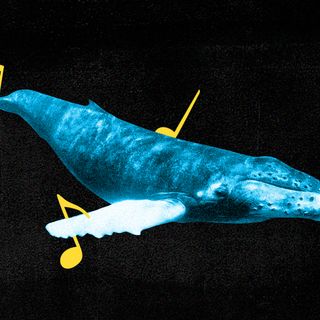It might be a bad idea to grab a steaming cup of mocha at the mall right before embarking on a shopping spree; brewing a cup of coffee before sitting down to shop online isn’t such a great idea either. According to a new study, the caffeine in coffee drives impulse buying. So, if you don’t want to regret spending more than you should have, maybe, it’s time to put that mug down.
“Caffeine, as a powerful stimulant, releases dopamine in the brain, which excites the mind and the body. This leads to a higher energetic state, which in turn enhances impulsivity and decreases self-control. As a result, caffeine intake leads to shopping impulsivity in terms of [a] higher number of items purchased and greater spending,” explained lead author Dipayan Biswas, a professor of marketing at the University of South Florida.
Published in Journalof Marketing, the findings of the study involved a number of experiments. As part of one set of assessments, the researchers set up espresso machines at the entrances of a department store in Spain and a large retail store in France, and handed out free drinks to shoppers. Around 300 people were involved in this experiment, out of whom, half were given cups of coffee containing about 100 mg of caffeine; the remaining participants, or the “control group,” had to contend with either a decaffeinated drink or a glass of water. Then, upon exiting the store, the participants had to hand in their shopping receipts to the researchers.
Turns out, the group that consumed caffeine before entering the store, on average, spent 50% more cash and bought 30% more goods than the control group. Interestingly, though, there wasn’t much difference in the number of utilitarian items — like kitchen utensils and storage baskets — that both groups purchased. However, the caffeinated participants spent more on non-essential items — like scented candles and perfumes.
Related on The Swaddle:
Having a Beer a Day May Be Good for Our Gut Health, Finds a Small Study
Another part of the experiment focused on online shopping — perhaps, to keep up with the times where shopping from brick and mortar stores is on the decline. Around 200 participants were involved in this leg of the study, which took place in a lab. Half of them consumed caffeine while the other half stayed decaffeinated for the day. When the researchers provided them with a list of 66 items and asked them which ones they would buy, the former group went for “impulse purchases” like massagers; the latter, as in the last set of experiments, went for more practical, utilitarian goods like notebooks.
The association of coffee with impulsivity isn’t new. A 2018 study had found that greater caffeine intake was associated with more severe gambling symptoms. The “particularly strong relationship between caffeine intake and symptoms of gambling pathology and neurocognitive deficits,” led the researchers to suggest, “Providing education about healthy diet may be especially valuable in gamblers and in community settings where gambling advertisements feature prominently.”
The consensus is building: people must be made aware of how coffee can change behaviors. According to the British Psychological Society (BPS), this can help them in deciding whether they’d rather deal with impulse buying than resist the temptation of the beans. Commenting on the present findings, the BPS noted, “Being aware of the impact of caffeine could help people make small savings or at least be more aware of the potential for unplanned spending.”
It appears the researchers are thinking on similar lines too. As the article by the BPS continued, “This [finding] could obviously be of use to retailers — putting coffee stands or shops near the entrance of stores could make shoppers more likely to spend their money, and free coffee could potentially produce a significant return on investment. For this reason, the team argues that regulators should inform consumers of the impact of caffeine.”




